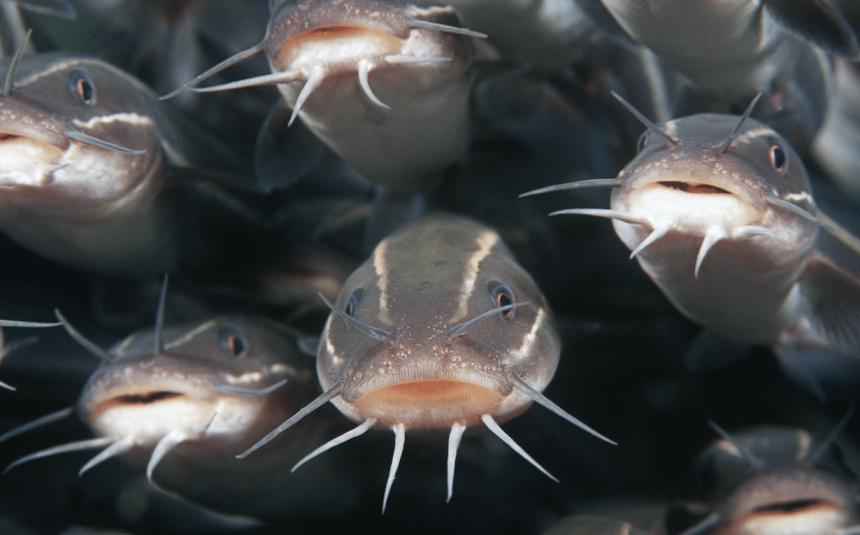Senator Cindy Hyde-Smith praised a decision by the U.S. Department of Agriculture (USDA) to make farm-raised catfish producers eligible for direct relief for losses associated with the COVID-19 pandemic.
Catfish is now among the list of commodities now eligible for the USDA Coronavirus Food Assistance Program (CFAP). The final rule in May to implement CFAP outlined direct payment details for a variety of agricultural producers but did not include details for catfish farmers. The USDA announced the inclusion of this Mississippi commodity, in addition to extending the CFAP application deadline to September 11th.
“This is excellent news for Mississippi catfish producers and processors whose operations have suffered declining sales and other market disruptions because of the coronavirus pandemic. I encourage producers to take advantage of this opportunity to get direct payments that can help them survive this economic downturn,” Hyde-Smith said.

Under CFAP, the USDA is authorized to use $16 billion to make direct relief payments to a wide range of commodity producers. Eligible producers must have suffered a five-percent-or-greater price decline or had losses due to disrupted market supply chains. The CFAP is among other authorities and resources provided to the USDA to help agriculture producers weather the economic damages caused by COVID-19.
Mississippi is the nation’s leading catfish producing state, with 208 operations and eight processing plants. In 2019, the industry generated $172 million value of production, according to the Mississippi State University Division of Agriculture, Forestry, and Veterinary Medicine.
Hyde-Smith said, “I am also grateful to Secretary Sonny Perdue for acknowledging the need for assistance for the U.S. catfish industry.”
In early April, Hyde-Smith led the outreach to Perdue asking him to use emergency supplemental funding and other authorities to assist farm-raised fish producers and processors.
Hyde-Smith serves on the Senate Agriculture Committee and the Senate Agriculture Appropriations Subcommittee. She has worked to promote catfish and other Mississippi commodities during the pandemic, including the approval in May of a $30 million “Section 32” emergency purchase of catfish for distribution to domestic food assistance programs.







